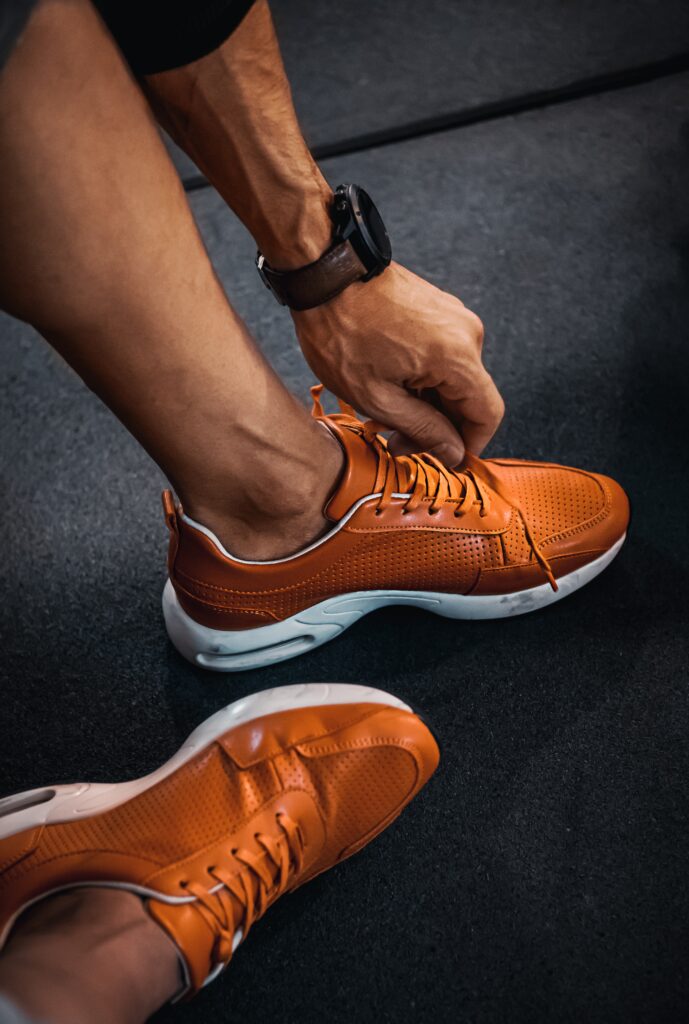What Are Orthotics And How Can They Help Me?
In this article, we will aim to address frequently asked questions around the use of orthotics.
Ankle and foot pain, diabetic foot ulcers, and other biomechanical issues can all put a halt to your daily activities.
 Compromised mobility is a significant challenge when trying to go about our daily lives, so every measure to stop these sorts of issues from worsening should be taken. It is important that you don’t overlook discomfort when walking, especially if you have diabetes or are experiencing constant, recurrent foot and ankle pain.
Compromised mobility is a significant challenge when trying to go about our daily lives, so every measure to stop these sorts of issues from worsening should be taken. It is important that you don’t overlook discomfort when walking, especially if you have diabetes or are experiencing constant, recurrent foot and ankle pain.
Visiting or speaking to a Podiatrist about nonsurgical, non-invasive and conservative treatment solutions would be the first step in managing any foot-related issues.
One of the best solutions available for biomechanical issues is prescription orthotics.
These are prescribed by podiatrist or other medical professionals, and are bespoke i.e. they are made for your specific foot type.
Off-the-shelf orthotic devices are also available from pharmacies and other outlets, and often at a significantly reduced price. However, these are generic in terms of treatment and whilst they may help to some small extent (dependent on your particular foot type), they will not provide the level of support and relief as true prescribed, bespoke orthotics.
Orthotics are medical devices used inside your shoes to help improve your gait, posture and walking patterns. They can increase your comfort and help improve movement by altering the angle your feet strike the ground. They are designed to absorb shock, take away pressure from painful areas of your feet, and encourage a more “neutral” gait.
It is recommended to get orthotics from a podiatrist as these are custom-made. Prescription (or bespoke orthotics) aim to address specific needs and foot issues for the individual, as no two patients are alike. This is the reason why off-the-shelf orthotic devices typically have very limited effect. A cast or scan is taken (dependent on how the particular podiatrist chooses to model the patient’s foot), and then specialised, personal orthotics will be made for your shoes. These can be rigid or flexible; again, depending on the particular podiatrist’s approach.
At Free Your Feet Podiatry, we manufacture rigid orthotics the vast majority of the time. These are overlaid with various soft covering and cushioning as appropriate.
As mentioned, orthotics are custom-made to address your individual needs, and they can also be used to address other issues. Not only do they support your arches, but they can be used to offload weight on certain parts of your feet impacted by bursitis or foot ulcers. For hypermobility relating to tendonitis and fasciitis, multifunctional orthotics can improve foot function, reducing the frequency and severity of pain in your lower limb.
Podiatrists do not only prescribe orthotics to athletes, as many people believe. As much as they can help runners, they are beneficial for everyone suffering from foot and mobility issues. If you experience bunions, hammertoes, plantar fasciitis or flat feet, these devices may be able to improve your condition too.
Our team of podiatric specialists at Free Your Feet Podiatry are available to speak to you about our services and how we can assist with orthotics.
Book an appointment with us today.


